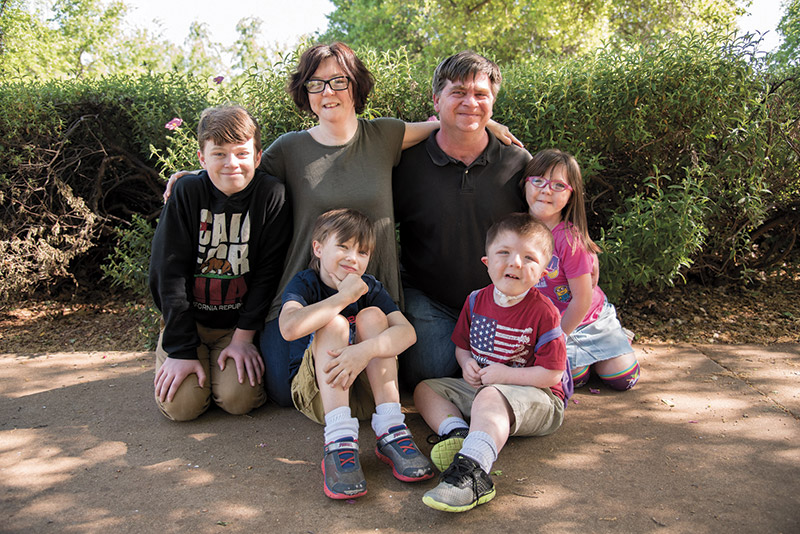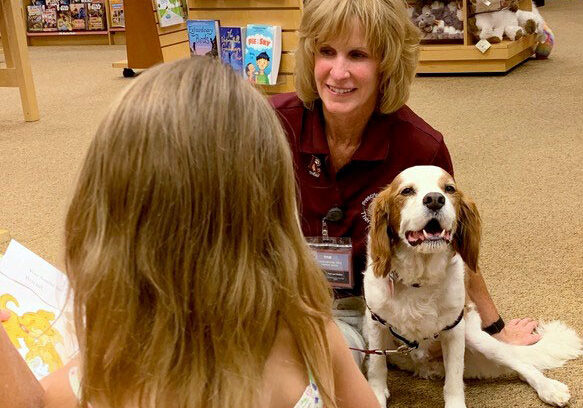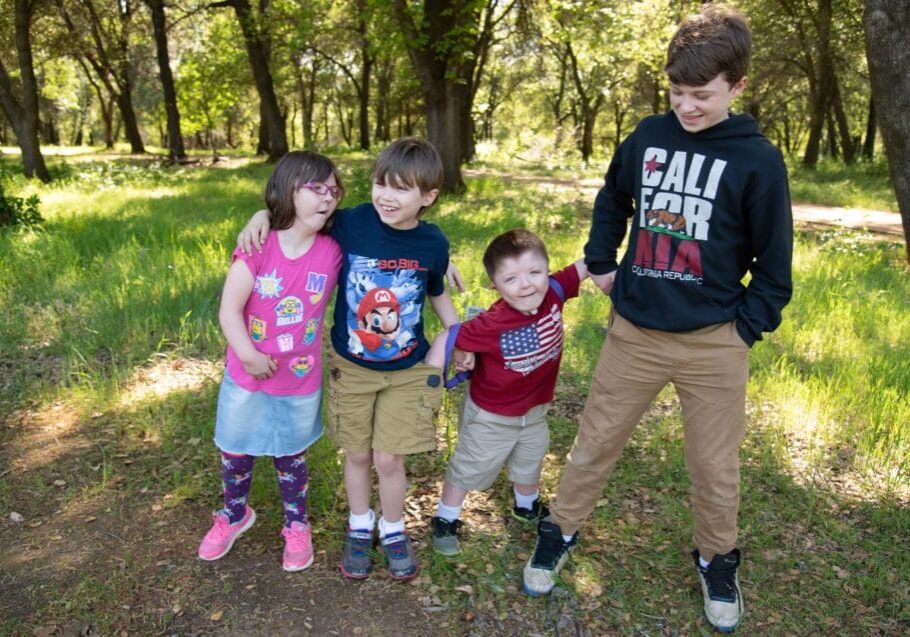During the summer of 2016, our daughter Lilly, then ten years old, seemed to be in constant crisis mode. She has a diagnosis of autism and communication disorder, along with intellectual disability and a myriad of medical issues. Her meltdowns, which have been occurring since she was a toddler, had been increasing in frequency and intensity. We were reluctant to take her anywhere because at ten years old and 65 pounds, it was almost impossible to manage her meltdowns outside the house without assistance. The end of that summer brought a huge turning point when we received a referral for ABA (Applied Behavioral Analysis) therapy, and it has been life-changing.
Since its inception in the 1970s, ABA has proven effective in people with various diagnoses of mental illness, developmental disabilities and learning disorders. ABA seeks to help individuals with problems of “social significance,” which according to the website for the Center for Autism and Related Disorders, can include “reading, academics, social skills, communication and adaptive living skills.”
In Lilly’s case, her therapists focus primarily on social skills. Being able to tolerate transitions and taking turns while playing with others were two of her goals when she first started therapy. Once the goals were set, the therapists worked with her, and us, on how to prepare her for transitions and taught her many coping skills through modeling, social stories and role-playing and giving small, tangible rewards.
Over the last two years, the goals have become more challenging, as Lilly’s therapists work to help her out of her comfort zone. It has been extremely hard sometimes, as it always is to watch your child struggle, but the results are worth it. She will always have hard days and challenging times, but overall the improvements we have seen are incredible.
The therapists not only work with Lilly in our home but have assisted us with outings around town so she can implement the tools she has learned. It is our reality that Lilly may never be able to live independently in the future, but the skills she is learning through Applied Behavioral Analysis A will help ensure that she can function at home and in the community to the best of her ability.
If you think your child might benefit from Applied Behavioral Analysis, please contact your pediatrician for information on obtaining a referral.
Uniquely Us is a unique opportunity to address special needs issues and concerns and to celebrate life. If you have something in particular you would like to read about, please write to pn@northstateparent.com (please include UU in the subject line).
Posted in: Uniquely Us
Comment Policy: All viewpoints are welcome, but comments should remain relevant. Personal attacks, profanity, and aggressive behavior are not allowed. No spam, advertising, or promoting of products/services. Please, only use your real name and limit the amount of links submitted in your comment.
You Might Also Like...

Halloween Tips for Families Of Kids With Diverse Abilities
Although Halloween can be a fun time for kids of all abilities, it often can be overwhelming for kids with special needs. They may have trouble with the loud noises, […]
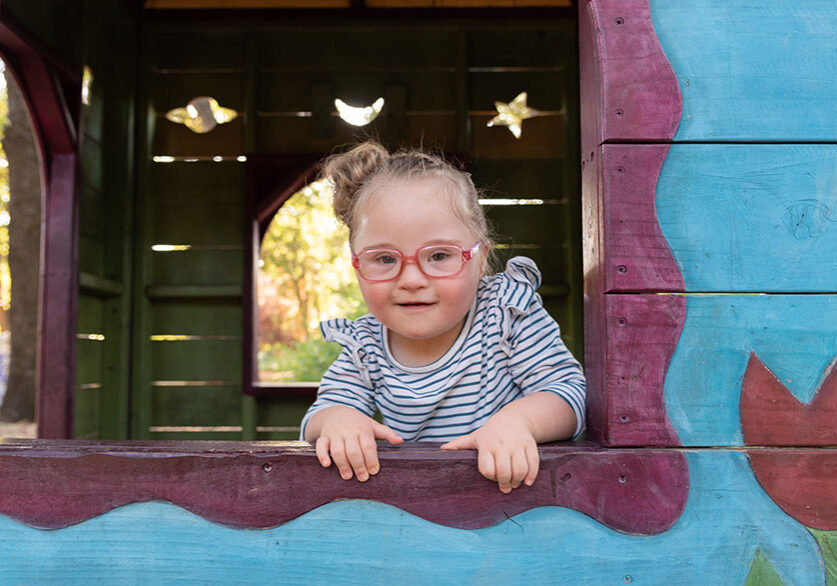
Celebrating Those with Down Syndrome
Three-year-old Brooklynn Heberlein started preschool this year. She loves books, animals, her little sister Brylee and music—she is an especially big fan of heavy metal. She also “has a great […]
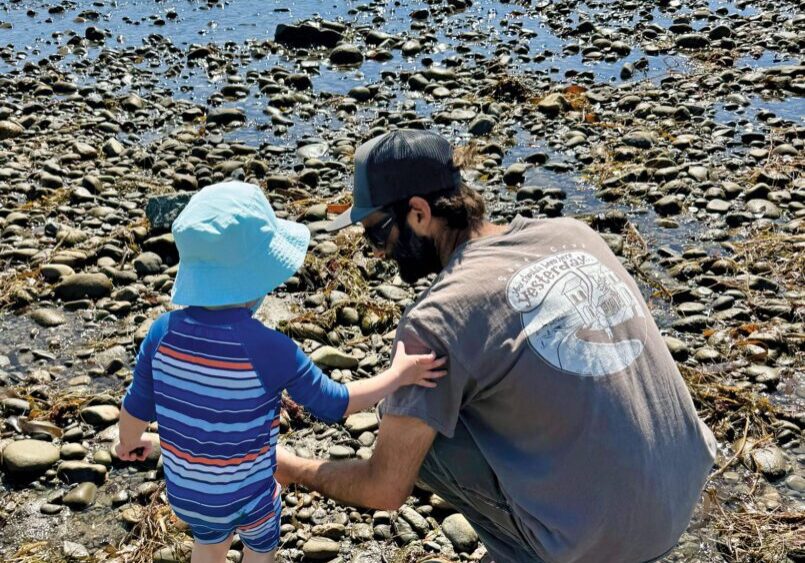
Sensory-Friendly Vacation Ideas
Summer vacation with the family is a chance to break away from the routine, explore new destinations and create lasting memories together. However, for parents of children with disabilities, especially […]
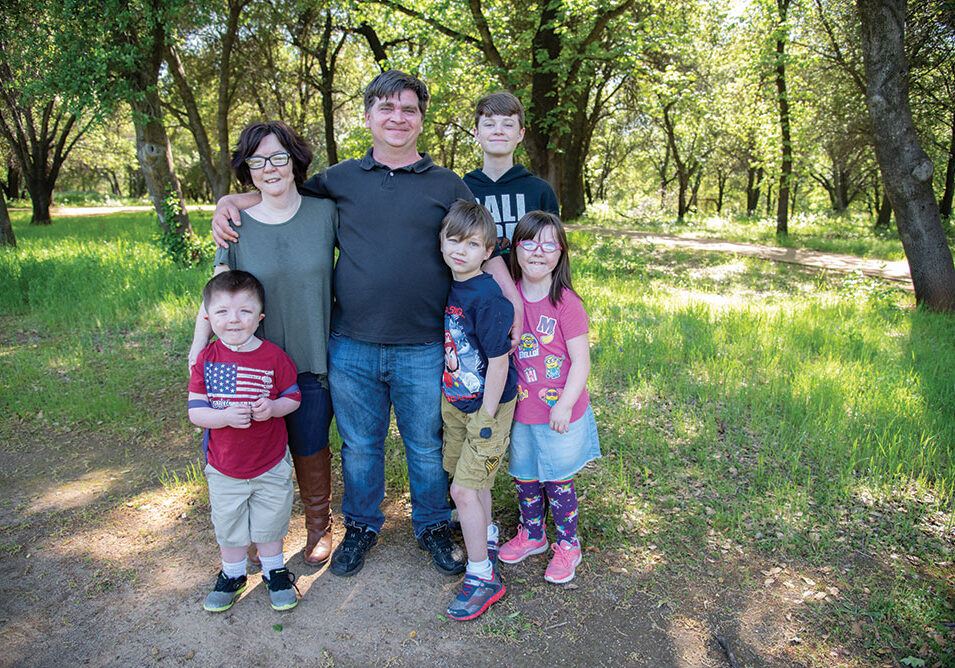
Uniquely Us: The Elusive Date Night
The Elusive Date Night Orchestrating a date night can be quite a task for any parents. When your kids have special needs, the challenge is even greater, for a multitude […]



